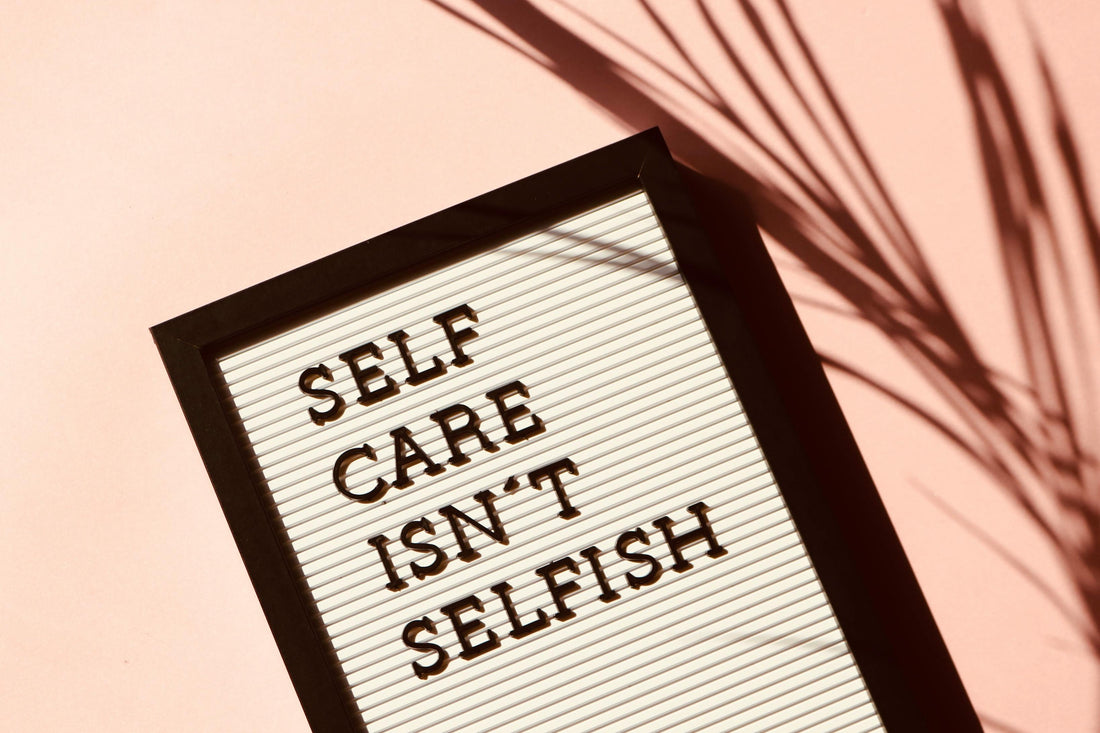
Cannabis Use Disorder and ICD-10 Classification
Cannabis Use Disorder: Can Weed Become a Problem?
Let’s talk about something that doesn’t get enough real discussion: Cannabis Use Disorder (CUD). Yeah, I know, cannabis isn’t crack, it’s not heroin, nicotine, or alcohol, and it’s legal in a large (and growing) number of places. However, just because something is socially accepted (and legal) doesn’t mean it’s risk-free. For a small subset of the population, regular cannabis use can develop into cannabis use disorder according to the medical profession.
There’s been a lot of discussion on the validity of cannabis use disorder. We aren’t here to discuss the validity, though. We’re here to share what has been incorporated into the International Classification of Diseases, 10th Revision as well as how psychiatrists make those classifications. This is for informational purposes only and does not reflect the opinions of Stoned Earth or its founders and staff.
What Is Cannabis Use Disorder?
According to medical professionals, CUD is when your relationship with cannabis crosses the line from “I enjoy this” to “I need this.” It’s when use starts interfering with life—work, relationships, mental health—but stopping feels nearly impossible. Think of it like any other addiction: cravings, withdrawal symptoms, and an inability to cut down despite negative consequences.
The ICD-10 Code for CUD: Because Even Ganjah Has a Diagnosis
For those who love the technical details, the International Classification of Diseases, 10th Revision (ICD-10) officially recognizes Cannabis Use Disorder. The most commonly used codes include:
-
F12.1 – Cannabis Abuse (problematic use but not full-blown dependence)
-
F12.2 – Cannabis Dependence (persistent use with withdrawal, cravings, and loss of control)
-
F12.9 – Unspecified Cannabis Use Disorder (when the diagnosis is clear, but specifics aren’t well documented)
These codes aren’t just bureaucratic nonsense—they matter for medical treatment, insurance coverage, and research. They help professionals differentiate between someone who smokes occasionally and someone struggling with a compulsion.
Signs of Cannabis Use Disorder
While cannabis doesn’t present as the more “hardcore” addictions, according to the shrinks here are some of the signs they’ll use to classify your use as CUD:
-
You try to cut down but can’t.
-
You get irritable, anxious, or have trouble sleeping when you don’t partake.
-
You need more and more to get the same effect.
-
You’re prioritizing weed over work, relationships, or responsibilities.
-
You keep using despite recurring negative consequences.
The Myth of “Weed Isn’t Addictive”
Yes, cannabis can be addictive. It doesn’t create the same chemical dependence as many other substances; however, “too much of anything can be a bad thing.” There’s a potential for addiction to cannabis just like there is with sugar, caffeine, adrenaline, sex, or soda. Addiction is a HIGHLY personal, individualized journey and there’s no credible way to say “no one can get addicted to cannabis.”
While it might not hook people as aggressively as opioids or alcohol, dependence can be very real. The withdrawal symptoms—irritability, mood swings, sleep issues, loss of appetite—are enough to make quitting tough.
Getting Help: Because There’s No Shame in It
If you or someone you know is struggling with cannabis use, help is available. Cognitive Behavioral Therapy (CBT), support groups, and even medication-assisted treatment can be effective. The key is recognizing the problem before it takes over.
Final Thought: Cannabis isn’t evil. It’s pretty great, actually. But it isn’t necessarily harmless for everyone. If your use is feeling less like a choice and more like a necessity, it’s worth paying attention. Because real freedom? That’s being in control—not the other way around.
Stoned Earth is the product of two brothers addicted to alcohol who chose a better life by becoming CaliSober. While this approach may not work for all, it works for us. Addiction is tough, no doubt about it. It can be embarrassing. It can make us feel small or weak. We often will go down kicking and screaming before we truly accept that something has become a problem. But it doesn’t make you “weak” - it’s a valid, accepted medical condition that’s no more “weak” than being diagnosed with diabetes or heart disease. It just happens to some people but not others.
Stoned Earth will always be here for anyone struggling with addiction from alcohol or even Cannabis Use Disorder. As a community, let’s battle misconceptions together.
Learn more:
-
Follow Stoned Earth on this blog and all socials.
-
Consult your doctor or mental health professional if you feel you need to reduce your THC consumption but find it to be too difficult to do on your own.
Embrace the Power of Nature

